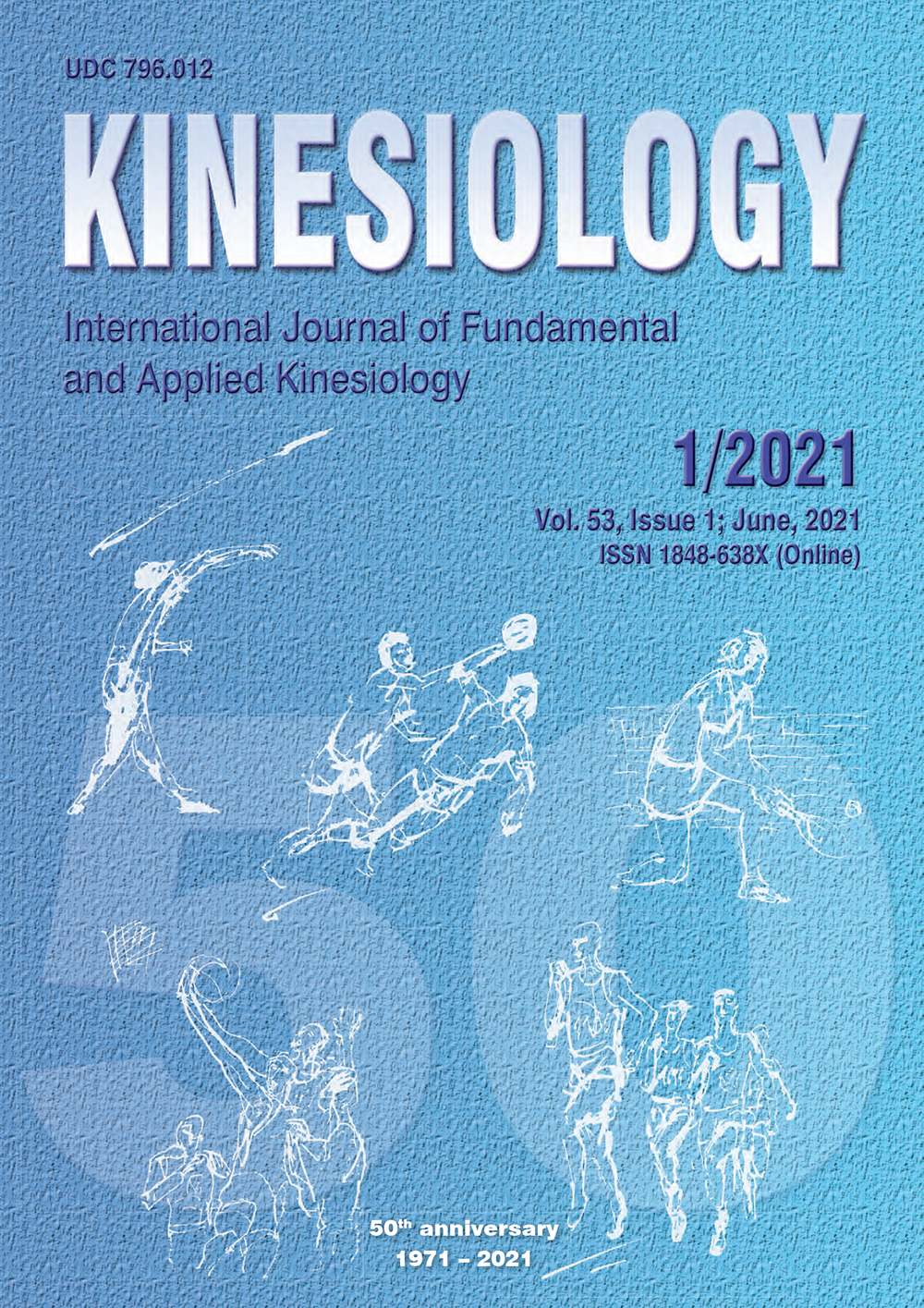Getting back to the event: covid-19, attendance and perceived importance of protective measures
Abstract
Current COVID-19 realities have led to event disruptions, and new policies on who can be in event venues mean event organisers must consider and implement new protective measures for the safety and security of both active and passive participants. This empirical study focuses on event consumers and issues related to their intention to attend future sporting events and their perception of how important they find some of the safety-related protective measures when attending sporting events as spectators or competitors following the COVID-19 crisis. The results suggest that, once all restrictions on movement and sporting event attendance have been revoked, most of the respondents from one Middle East and two European countries will attend events in their home country within few weeks. In addition, the respondents from the country that experienced more severe consequences of the pandemic perceive all protective measures as more important than the respondents from countries that were less affected.
Key words: sporting events, Coronavirus pandemic, safety, spectators, competitors
Downloads
Published
How to Cite
Issue
Section
License

This work is licensed under a Creative Commons Attribution-NonCommercial 4.0 International License.
At Faculty of Kinesiology we recognize that access to quality research is vital to the scientific community and beyond. Kinesiology is non-profit journal and all costs of publishing and peer review process are covered by the publisher itself or other funding sources like Ministry of Science and Education of the Republic of Croatia. Full text papers are also available free of charge at http://hrcak.srce.hr/kineziologija. There are no restrictions on self archiving of any form of paper (preprint, postprint and publisher's version).
Articles are distributed under the terms of the CC BY - NC 4.0
Kinesiology does not charge any fees to authors to submit or publish articles in our journal.


